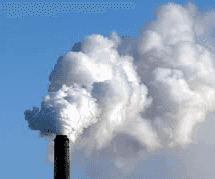Although Julia Gillard detailed small business exemptions when she announced the carbon price on Sunday, convenience stores say the tax will mean they’ll be faced with greater costs – either to be passed on to consumers or absorbed at the expense of profitability.
According to the Australian Association of Convenience Stores (AACS), absorbing increased costs at the expense of profitability is an unsustainable option, given the existing cost burden the sector is already experiencing.
“Convenience stores are at a critical juncture in terms of their ability to compete with the bulk buying power of the major supermarkets. Overheads are already exceptionally high, and the nature of these 24 hours a day, 365 days a year small businesses means higher utility costs are already a source of serious pressure for convenience stores,” AACS Executive Director Jeff Rogut said.
Rogut said the carbon tax would have an immediate effect of raising utility costs further, increasing the cost burden.
“Then there are the flow through increases, such as rising costs for food manufacturers, which will undoubtedly be passed on. The buck stops with convenience stores. The carbon tax will sit alongside rising costs of labour, security, penalty rates, ‘drive-offs’ on petrol sites as just another cost to be borne by an increasingly hamstrung convenience store sector.”
The AACS feels the interests of independent convenience stores are being ignored by the Government again.
“Which are in the main family run small businesses in its carbon tax modelling,” Rogut added.

